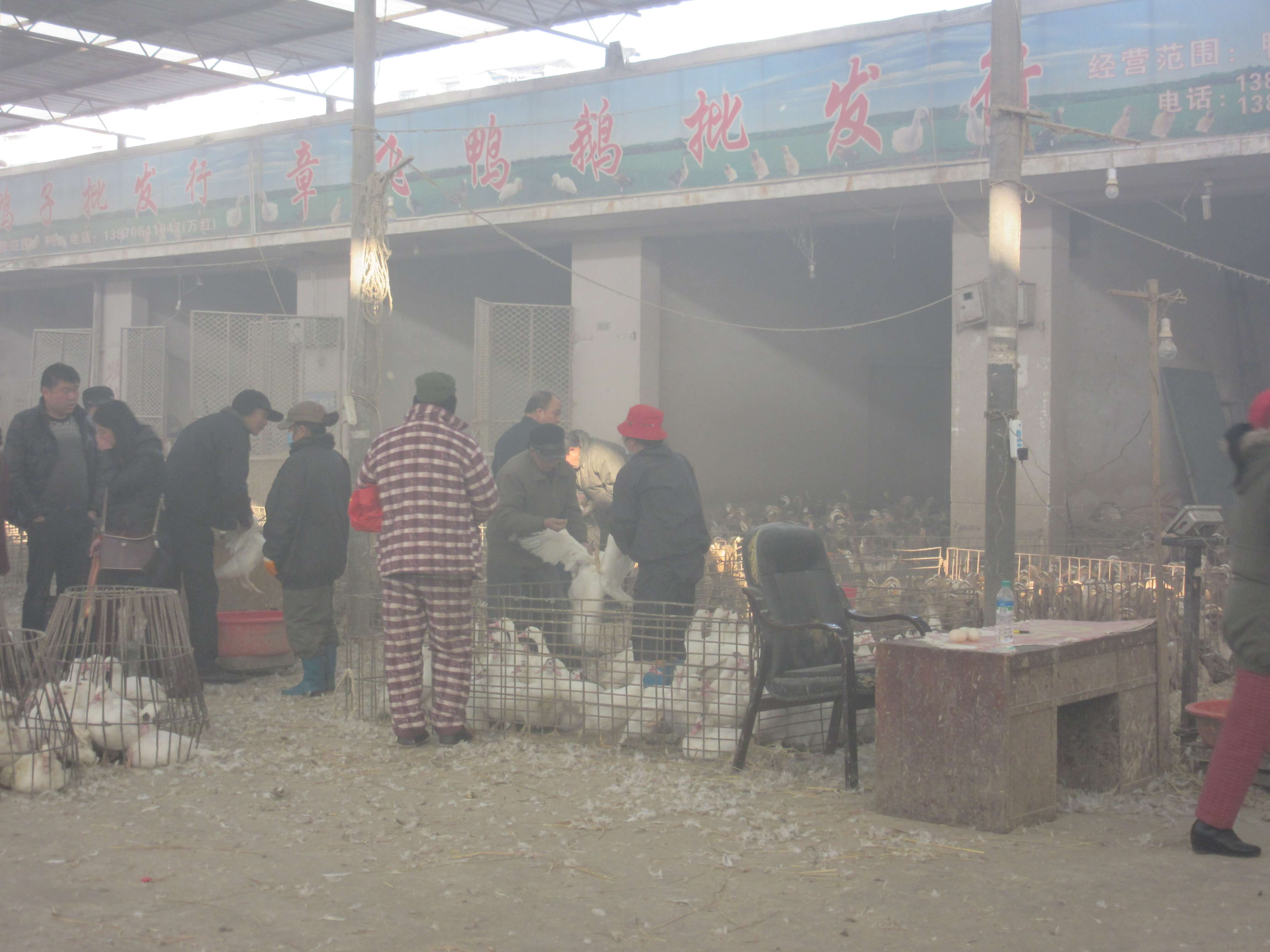Signs of Safety: Qualification Devices and the Consumption of Risky Poultry in China’s ‘Wet’ Markets

28 Mar 2023
03.30 PM - 05.00 PM
SHHK Conference Room
Alumni, Current Students, Industry/Academic Partners, Prospective Students, Public
This is a hybrid seminar.
Register for in-person attendance (SHHK Conference Room): here
Register for virtual attendance (Zoom): here
Epidemiologists warn that China’s so-called “wet markets,” where live poultry are sold, are potential sources of zoonotic diseases such as Covid-19 or pandemic influenza. However, many Chinese consumers shop at wet markets because they believe these markets provide healthier and safer food than supermarkets. Rather than dismissing consumer perceptions of food safety as misinformed, this paper draws on interviews conducted at live poultry markets in southwestern China to understand the preference for live poultry.
In this paper, I focus on how vendors and consumers evaluate safety and quality in live poultry. In comparison with supermarkets, live animal wet markets make available different testing devices for consumers to qualify food safety and quality (based in the intimate use of senses, rather than impersonal trust in official standards or brands). By observing how qualities are interpreted as indicators of safe or unsafe food, the paper shows how risk is evaluated through practices that turn matter into meaning.
Lyle Fearnley is Associate Professor and Associate Head (Curriculum) in the Humanities, Arts and Social Sciences Cluster at Singapore University of Technology and Design. Trained as a medical anthropologist, Fearnley is the author of Virulent Zones: Animal Disease and Global Health at China’s Pandemic Epicenter (Duke, 2020).

